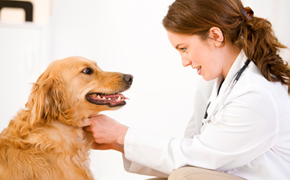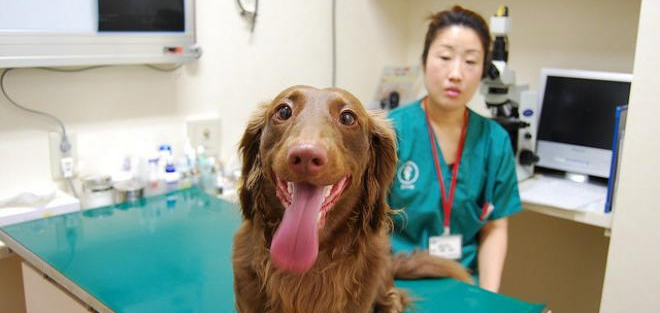Talking To Your Vet About Canine Hypothyroidism
What Is Hypothyroidism?
Hypothyroidism is when the thyroid glands located in the neck produce do not produce enough hormones for normal bodily functioning. Cats that are affected by thyroid disease usually excrete too many hormones, whereas dogs usually have too low of a production. If your dog is diagnosed with hyperthyroidism and is producing too many hormones, that is rare and usually associated with a type of cancer. When the opposite is suspected, and your dog is not producing enough hormones, it is most likely because the thyroid gland has shrunk. This type of condition is most common in medium and large breed dogs in the prime of their lives. The breeds most commonly affected include Golden Retrievers, Doberman Pinchers, and Irish Setters.
Signs and Symptoms of Hypothyroidism
The most obvious and apparent symptom of hypothyroidism is a dull coat, extreme shedding and hair loss, weight gain, reduced activity level, and always seeming cold. You’ll mostly notice the hair loss around the torso and belly and not the head or legs. These dogs may also have a droopy-faced appearance, regurgitate with no explanation, and might have weakness, which makes it difficult to walk.
Testing for Hypothyroidism
Treatment is in the form of a pill for the life of the dog. In the beginning, the pill is given twice a day, but once the coat grows back, it can be reduced to once a day. After four to six weeks, almost all of the fur will regrow and ear infections will clear up.






